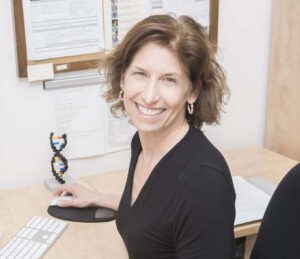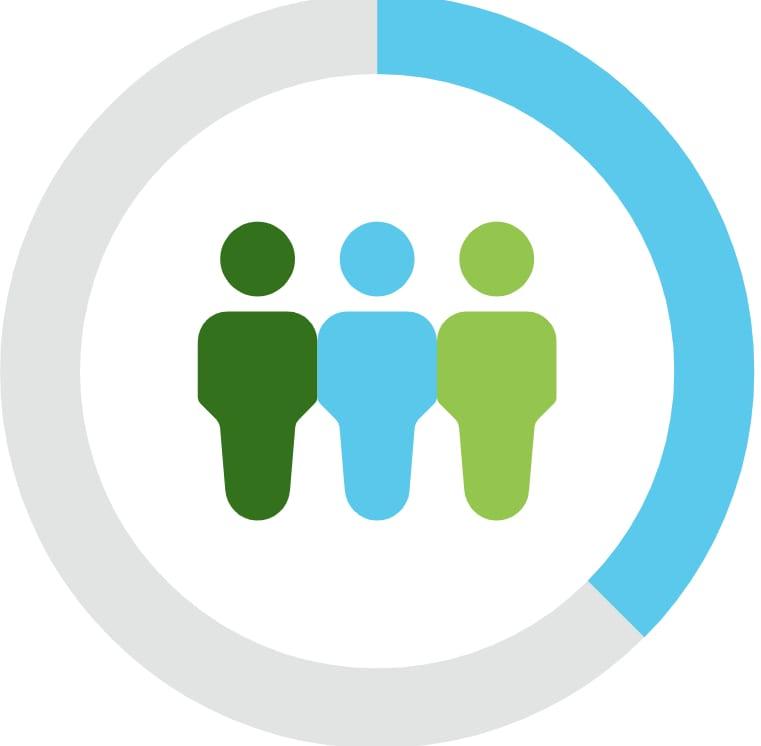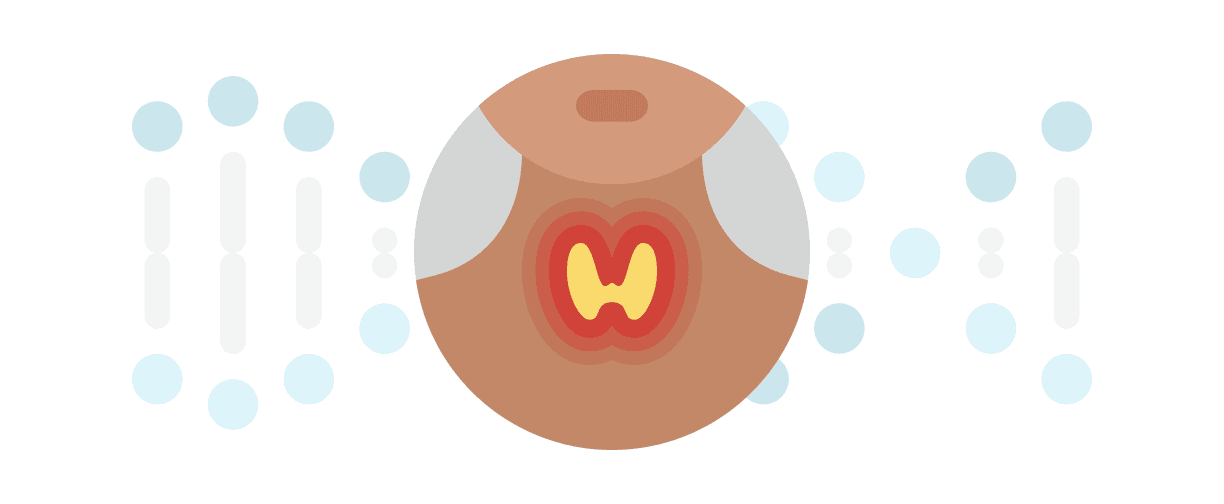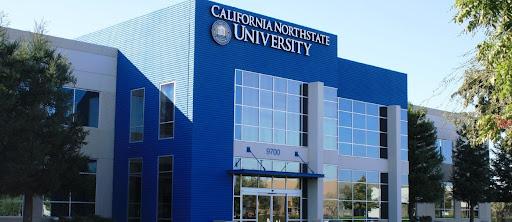By Anne Greb, MS, CGC, 23andMe Lead, Medical Education
For Genetic Counselor Awareness Day this year, we want to celebrate the important role genetic counselors play in healthcare, but we also want to educate people about how genetic counselors can help them sort through their test results and family health history in making important medical decisions.

Anne Greb, MS, CGC, 23andMe Lead, Medical Education
A future in which genetic and genomic health information is part of clinical care is around the corner, offering hope for more personalized medicine and disease prevention. It will be genetic counselors who help us get there.
What We Do
The simplest description of what we do (I’m a genetic counselor) is to help people assess risk in making critical decisions about their health. These could be decisions about such things as cancer treatment, or pregnancy, or rare disease interventions. While genetics is part of the equation, it’s by no means the only thing a genetic counselor considers. We are often involved before a genetic test is done. Even helping a person decide whether testing is right for them. Often a genetic counselor is needed right at a critical decision point in a person’s life. A genetic counselor has the training and understanding to meet the gravity of those moments.
Unfortunately, there are too few genetic counselors to meet this growing demand. Over the next decade that demand is only going to get bigger. A recent estimate projects the field is going to grow by more than 25 percent, according to the Bureau of Labor Statistics.
What’s to Come
In many ways, this big increase in demand is what we anticipated long ago with the mapping of the human genome. Now more than ever genetic discoveries and new technologies are being used to diagnose rare diseases, or help tailor pharmaceutical approaches to treatment, or identify disease risk. On top of that, the widespread use of direct-to-consumer genetic testing has encouraged more and more people to learn about their own genetic predispositions, prompting discussions with their healthcare providers.
While we await current efforts to build the ranks of genetic counselors, it’s these healthcare providers who are left to discuss genetic issues with patients. Right now, a lack of knowledge and training for those providers is often an obstacle, so providing genetic education and resources specifically for medical professionals is vital to help ensure that genetics becomes a part of clinical care.
Medical Education
That’s part of my role as a genetic counselor and lead of medical education at 23andMe both within the company, but also externally. I’m often engaging with other healthcare professionals to figure out the best way to incorporate genetics into clinical care.
I’m not alone. Indeed, in a recent National Society of Genetic Counselors Professional Status Survey, 45 percent of genetic counselors reported that education and training played a significant role in their job-related activities. While education is by no means the only thing we do as genetic counselors, it’s an important part of the work. And as a genetic counselor at 23andMe, I can see how this surge in direct-to-consumer genetic testing presents a teachable moment. We know from studies that about 30 percent of direct-to-consumer genetic testing customers ask their healthcare providers about their results.[1],[2] This offers those providers an opportunity to engage with their patients in important discussions, and use these moments to update and discuss family health information. Primary care providers who often have long-standing relationships with patients may be best positioned to offer support when patients discover unexpected findings as a result of one of these tests, and they can refer them to genetic counselors to help navigate the next steps.
So in recognition of Genetic Counselor Awareness Day this year, let’s consider the work that genetic counselors do to support not just consumers of direct-to-consumer genetic testing, but healthcare providers as well.




